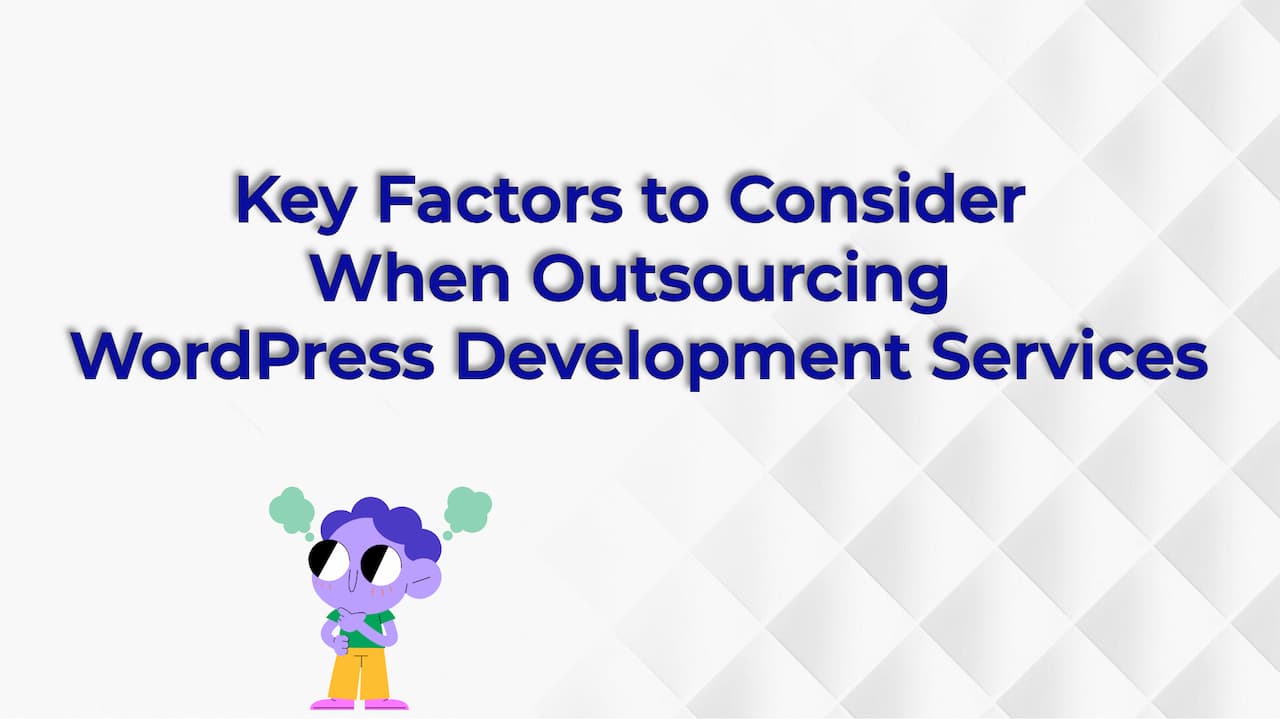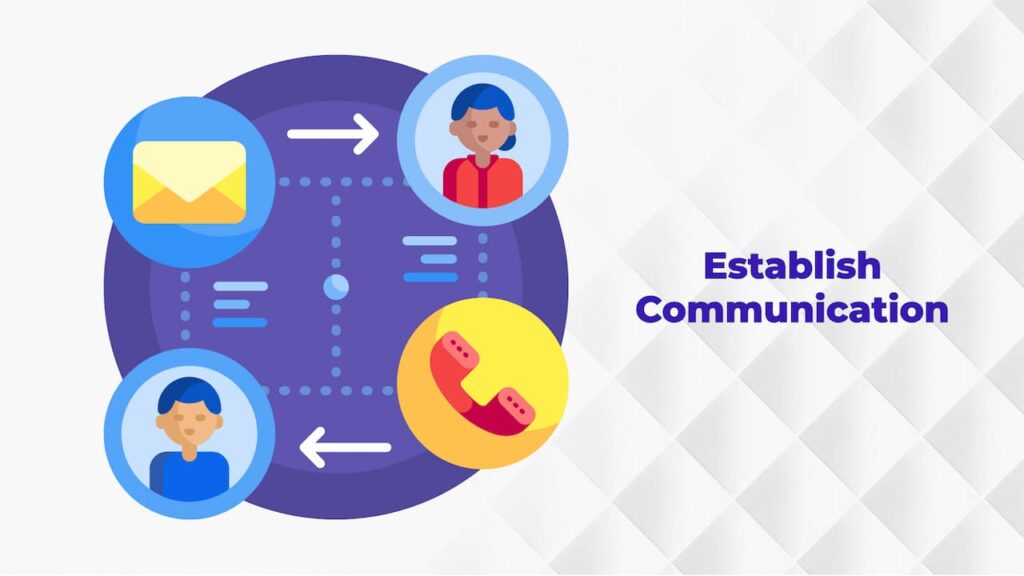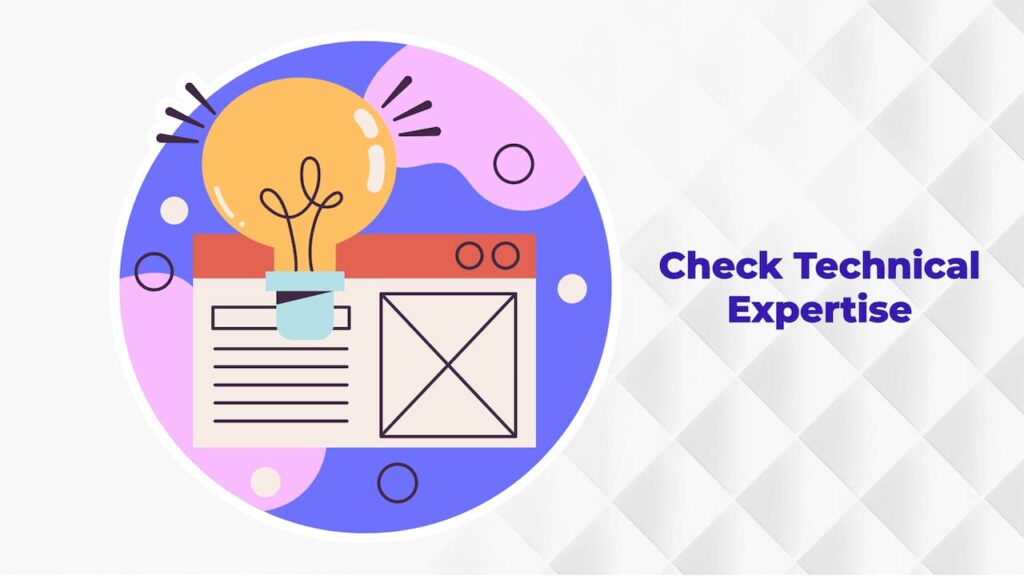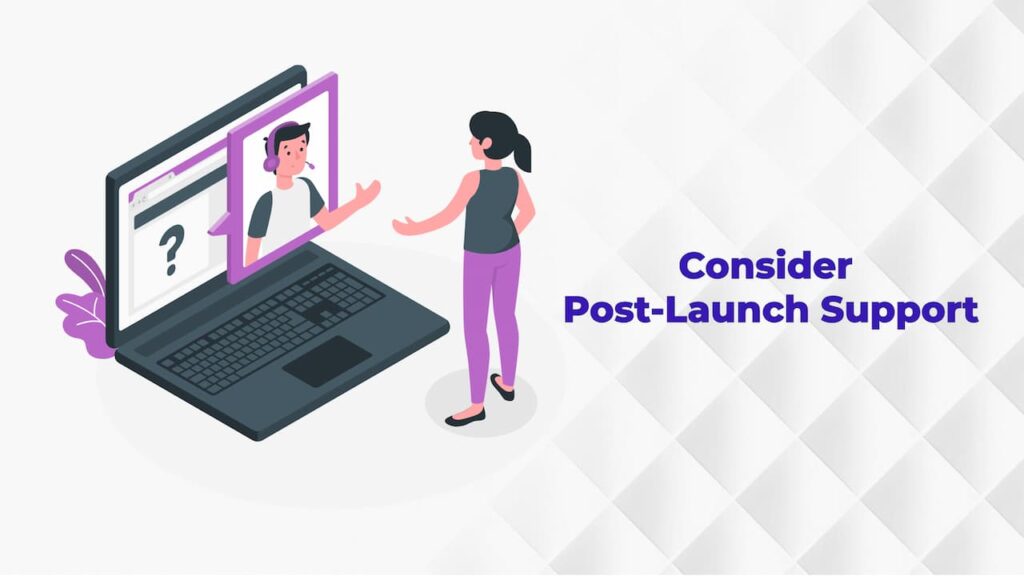
Key Factors to Consider When Outsourcing WordPress Development Services
Outsourcing WordPress development can seem like a dream come true—especially when you realize it can save you money, give you access to global talent, and let you focus on the core aspects of your business. But before you dive in, you’ve got to ask yourself: Is my project ready for outsourcing? And more importantly, how do I make sure it’s a success?
Whether you’re a small business owner or managing a digital project, getting your WordPress site built (or revamped) by an outsourced team can be the key to scaling efficiently—if done right. In this article, we’ll break down the key factors you need to consider before handing your precious website over to someone halfway across the world.
Get Clear on Your Project’s Scope (Seriously, Don’t Skip This!)
Ever started a project without really knowing where it’s headed? It’s like trying to drive without a map. When outsourcing WordPress development, you’ve got to define what success looks like right from the start.
What do you want your website to do? Are you building a simple blog or a full-blown eCommerce site? Do you need a custom theme or just some minor tweaks to an existing one? Whatever it is, you need to know it. And better yet, write it down.

Here’s why: when you can clearly communicate your needs to the outsourcing team, you avoid the dreaded “scope creep”—those sneaky extra requests and features that can balloon your project’s time and budget. Trust me, nothing derails a project faster than unclear goals.
Example: Imagine you’re launching a small eCommerce store. Your essentials might include a homepage, product pages, payment integration, and some SEO plugins. But if halfway through the project you decide you also want membership options or custom shipping features, that’s going to throw things off balance. Have that list upfront, so there are no surprises!
Choosing the Right Partner: It’s Like Finding the Perfect Roommate
Think of outsourcing like getting a new roommate—someone who’ll share the same space (in this case, your project) and contribute to its success. You wouldn’t want someone unreliable, right? So, the same applies here. How do you make sure you’re choosing the right outsourcing partner?

Check Their Experience: This one’s a no-brainer. You need a team that knows WordPress inside and out. Look for developers who have built websites similar to yours—whether that’s eCommerce, membership sites, or blogs. Don’t be afraid to ask for a portfolio or client testimonials. After all, you’re trusting them with your business.
Evaluate Their Communication Skills: Ever tried working with someone who’s impossible to reach? Frustrating, right? Communication is everything when working with remote teams. Make sure your potential partners are not only fluent in English (or whatever language you communicate in) but that they’re also responsive. If they’re slow to respond during the hiring process, that’s a red flag.
Example: Let’s say you’re hiring a team from Eastern Europe—a region known for its strong tech talent. They’re working in a different time zone, but that doesn’t have to be a dealbreaker. If they’re responsive through tools like Slack or Trello, and you schedule regular check-ins, the time zone gap can actually work in your favor. Work gets done around the clock!
Communication and Collaboration: Don’t Let Distance Get in the Way
Speaking of communication, how often should you talk to your outsourced team? More than you might think. It’s easy to assume they’ll “get it” after a couple of emails, but that’s where things can go wrong.

Make sure to establish regular check-ins—whether daily, weekly, or bi-weekly, depending on your project’s pace. Tools like Zoom, Slack, or Asana are your best friends here. These platforms make it easy to stay in sync with your team, track progress, and get quick updates. You’ll also want to use project management software like Trello or Jira to break tasks into clear, manageable milestones.
Example: Let’s say you’re outsourcing to a team in India, where there’s a significant time difference. Setting a regular meeting at a time that overlaps (e.g., early morning for you, late evening for them) can make sure things move along without endless delays. Plus, real-time updates mean fewer misunderstandings about deadlines or expectations.
Technical Expertise and Compatibility: Do They Know Their Stuff?
If you’re hiring WordPress developers, you want them to be more than “just familiar” with the platform. They should be experts.

Ask your potential team about their experience with:
- Custom Theme Development: Can they build something unique for your brand?
- Plugin Development: Can they create or customize plugins to add specific functionality to your site? (Think WooCommerce, membership systems, or advanced SEO tools.)
- Security Best Practices: WordPress is a frequent target for hackers. You’ll want a team that knows how to keep your site secure—SSL certificates, regular updates, and safe coding practices are musts.
- Performance Optimization: Your site’s speed matters—both for user experience and for SEO. Can your team ensure fast load times, mobile responsiveness, and caching solutions?
Example: You’ve hired a team to build an eCommerce site using WooCommerce. If they have solid experience with payment gateways, handling large inventories, and setting up secure checkouts, you’re in good hands. But if they’re fumbling around basic WordPress configurations, it’s time to reconsider.
Budgeting and Hidden Costs: Don’t Get Surprised
Now, let’s talk money. One of the big draws of outsourcing is the cost savings, especially when working with developers from countries with lower labor costs. But before you get too excited about the price tag, consider this: the cheapest option isn’t always the best. Sometimes you get what you pay for.

It’s important to be clear about your budget, but also leave room for unexpected expenses. Scope changes, additional revisions, or post-launch support can add up. Be upfront about the potential for these costs and have a conversation with your developers about how they’ll handle changes down the line.
Example: You’re building a basic blog and think it’ll cost around $5,000. But halfway through the project, you realize you need more customizations, like advanced SEO features and email marketing integration. Those extras can push your costs up by a few thousand dollars if you’re not careful. Always factor in a buffer for these surprises!
Post-Launch Support: What Happens After the Launch?
So, your WordPress site is live—now what? You’ll need ongoing maintenance, updates, and possibly new features as your business grows. One thing to consider is whether your outsourcing partner offers post-launch support.

This could mean anything from handling security updates to fixing bugs or helping with performance optimizations. Make sure you clarify this upfront. Will they offer ongoing support on a retainer basis? Or will you need to look elsewhere once the project’s done?
Example: After launching your site, you realize that some plugins aren’t compatible with the latest WordPress update. If your developer offers post-launch support, this can be fixed quickly. Without it, you could be scrambling to find a new developer who’s not familiar with your code—leading to more downtime and higher costs.
Wrapping Up: Is Outsourcing WordPress Development Right for You?
Outsourcing can be a game-changer when it comes to getting high-quality work at a lower cost, but it’s not without its challenges. By defining your project scope, choosing the right partner, maintaining strong communication, and keeping an eye on the budget, you’ll be setting yourself up for success.
So, what’s the takeaway? Outsourcing WordPress development can save you time and money, but it’s all about planning and partnership. Ask yourself: Am I ready to collaborate with a remote team? Do I know exactly what I want from my website? If the answer is yes, then you’re well on your way to a successful project.
Now go out there and find the right team to bring your WordPress project to life!